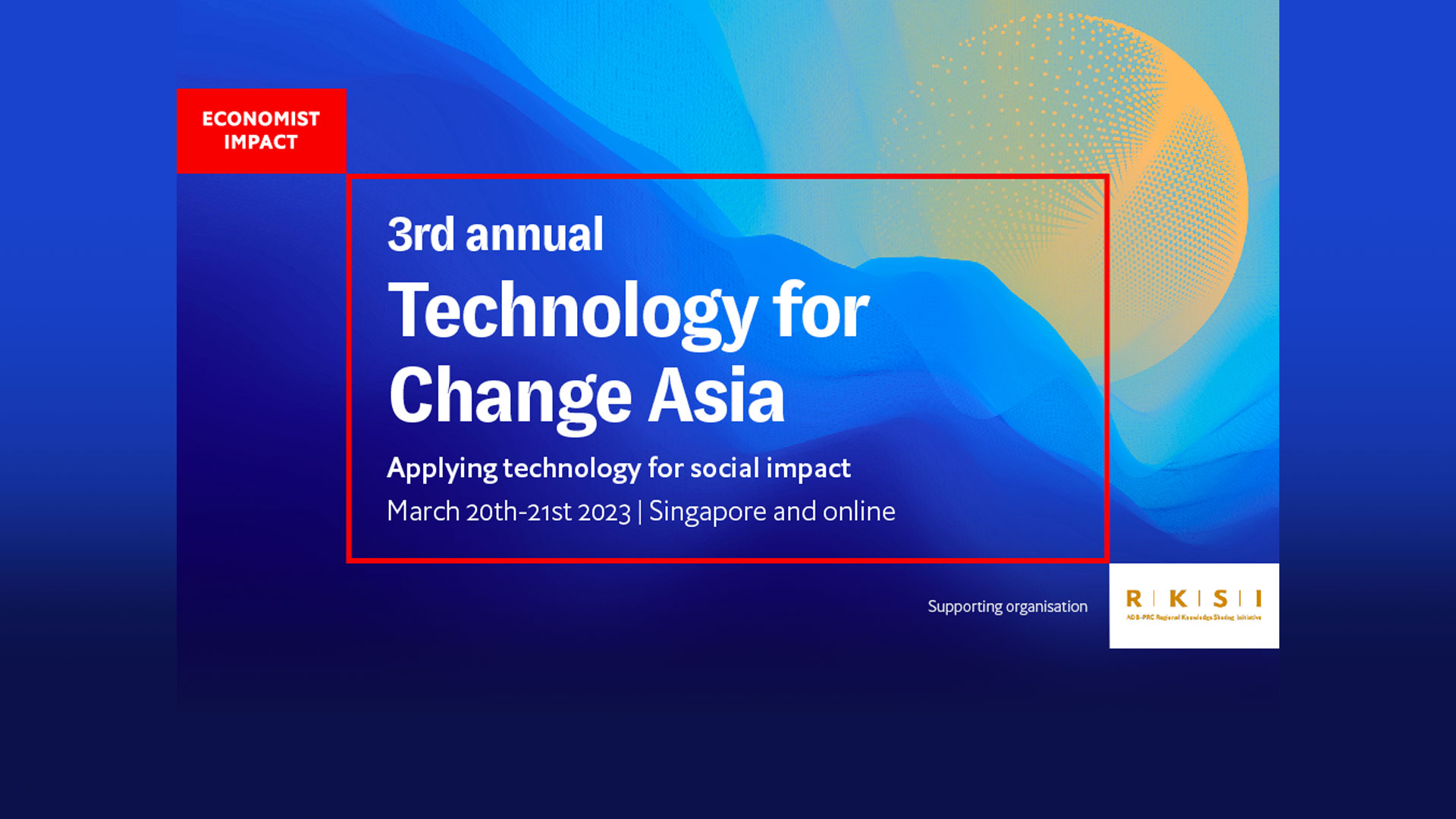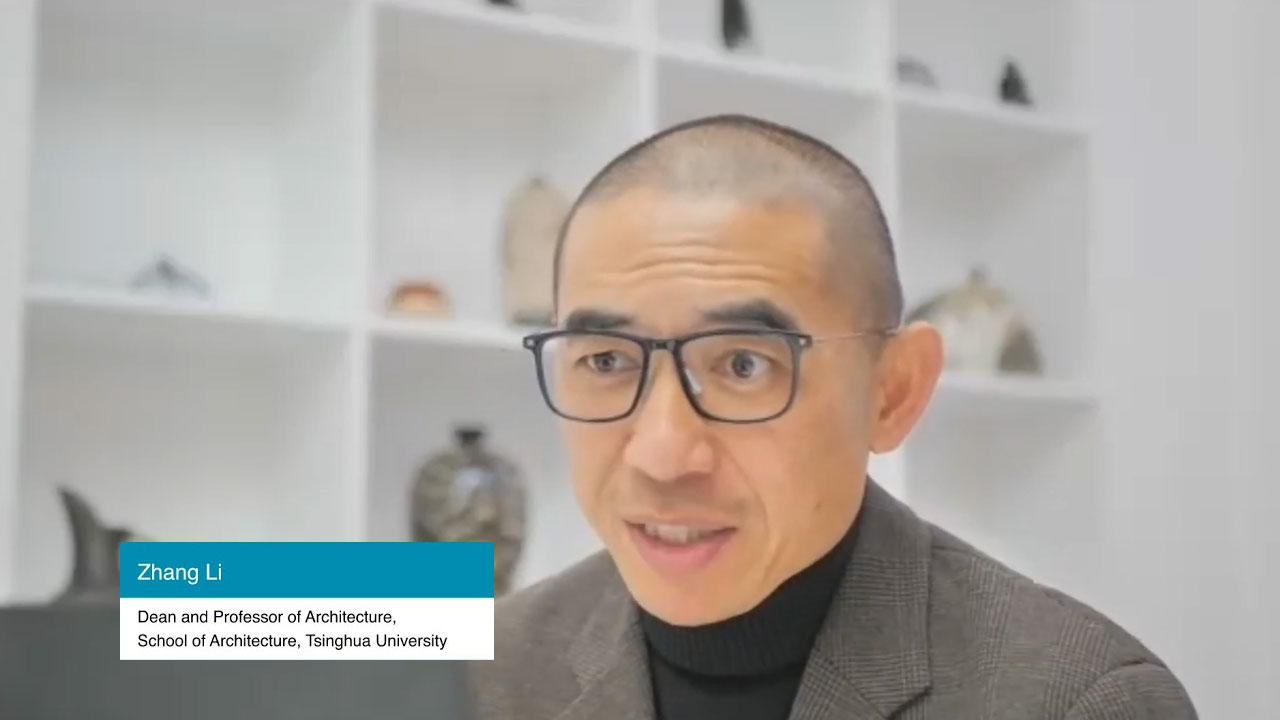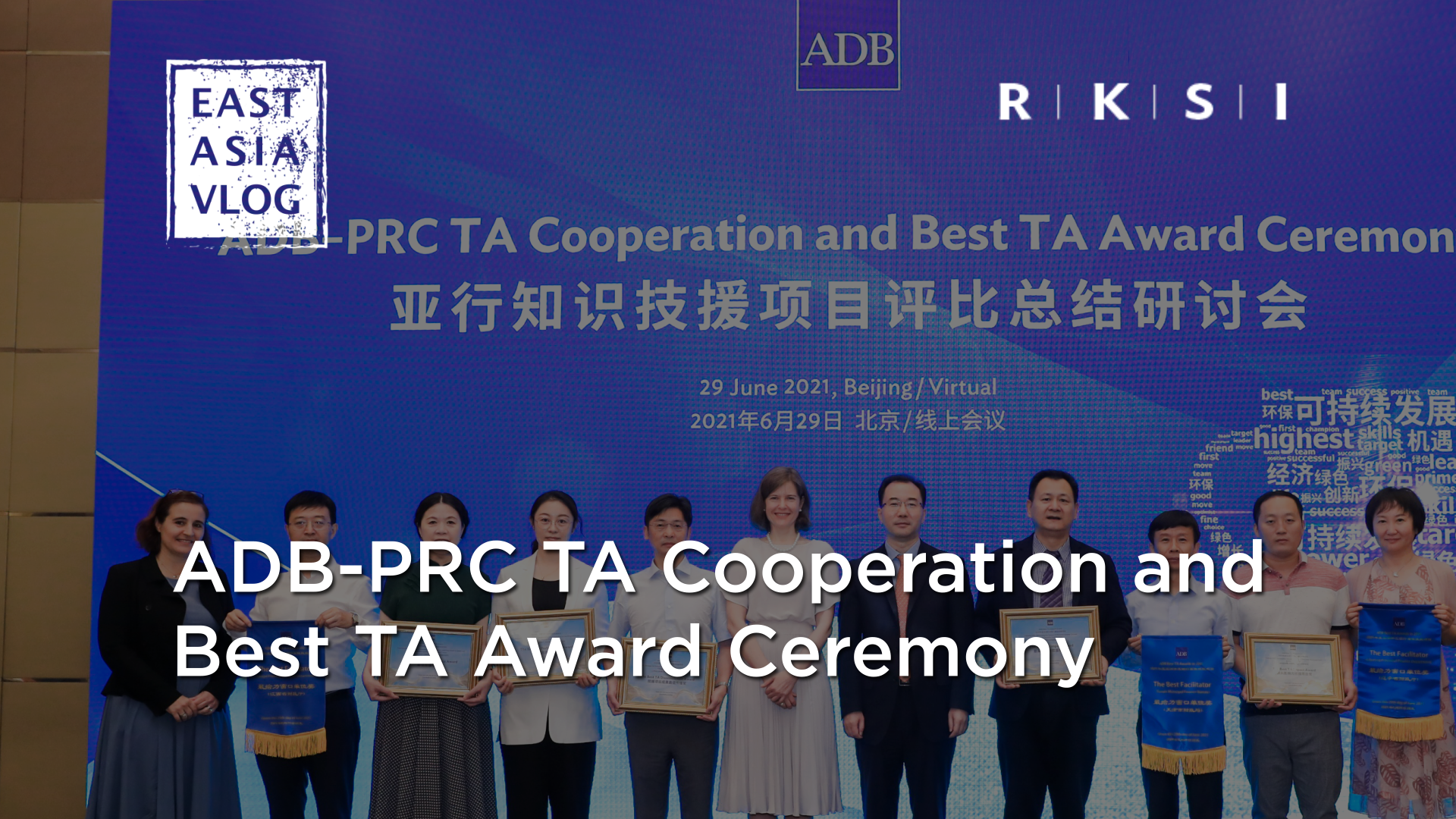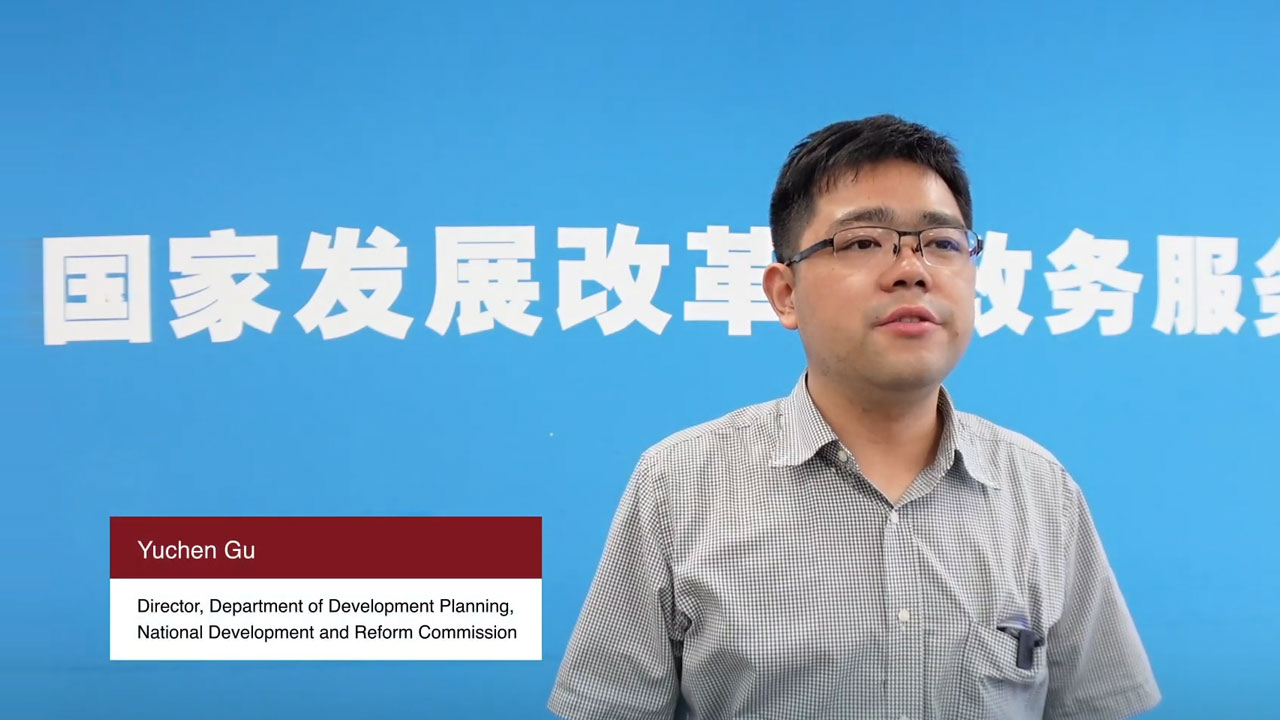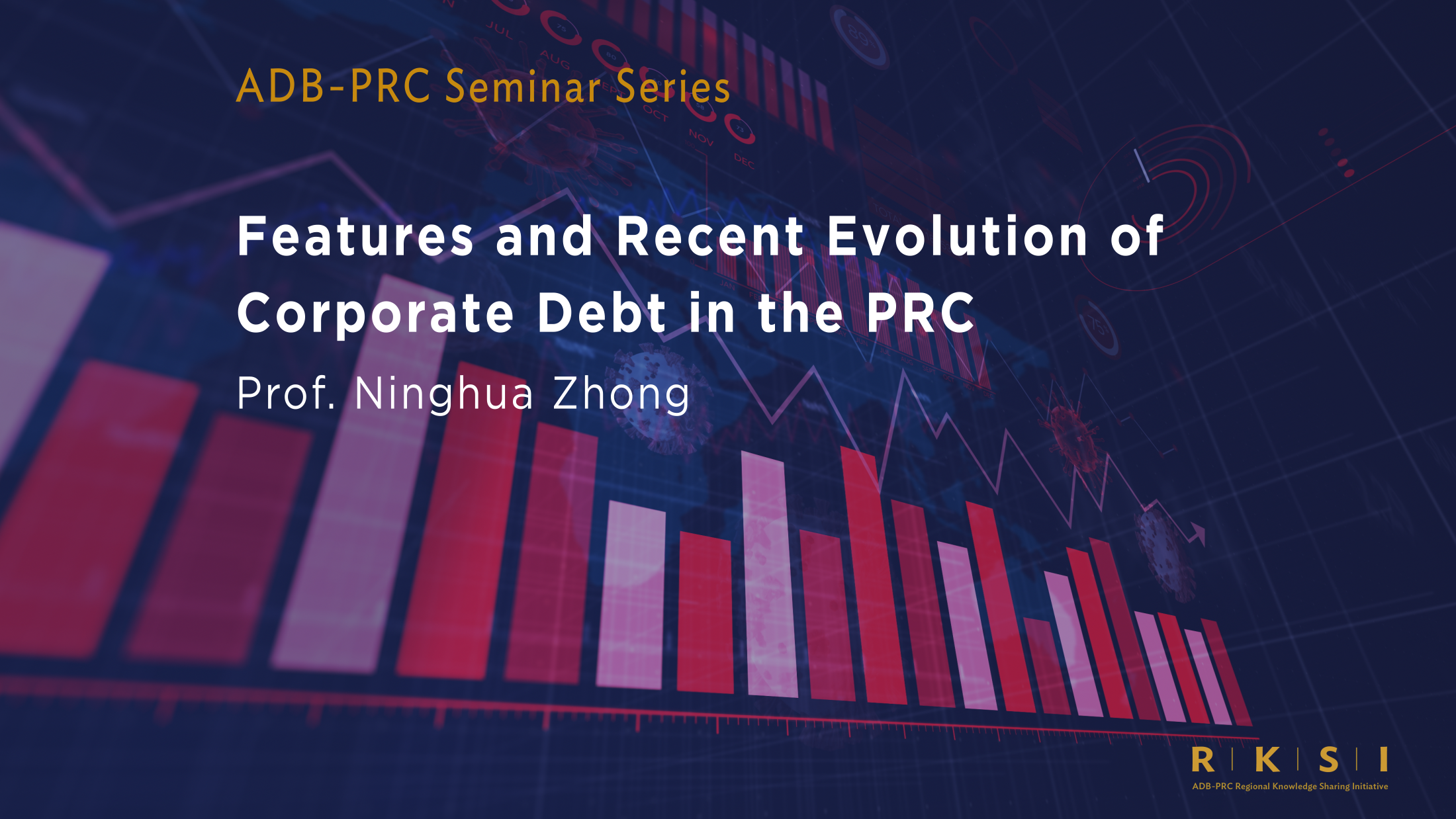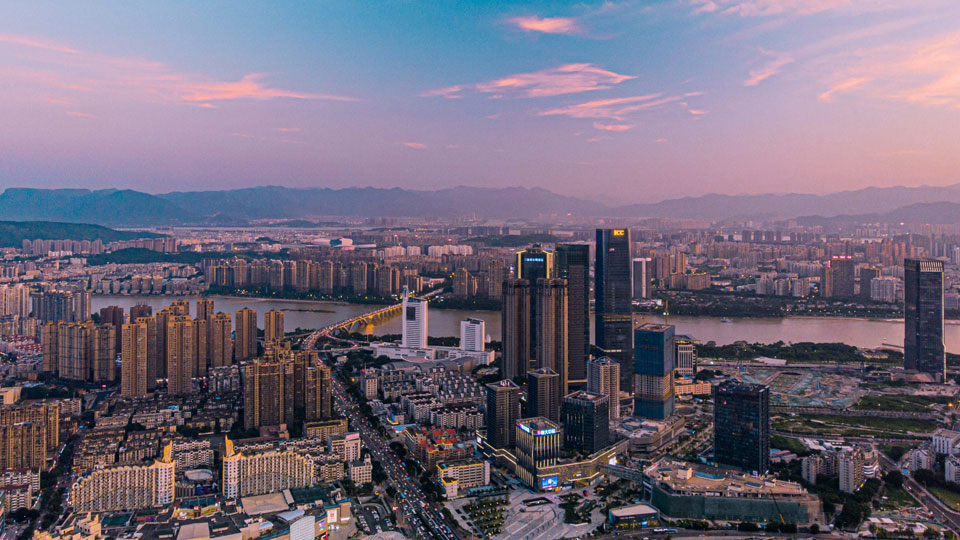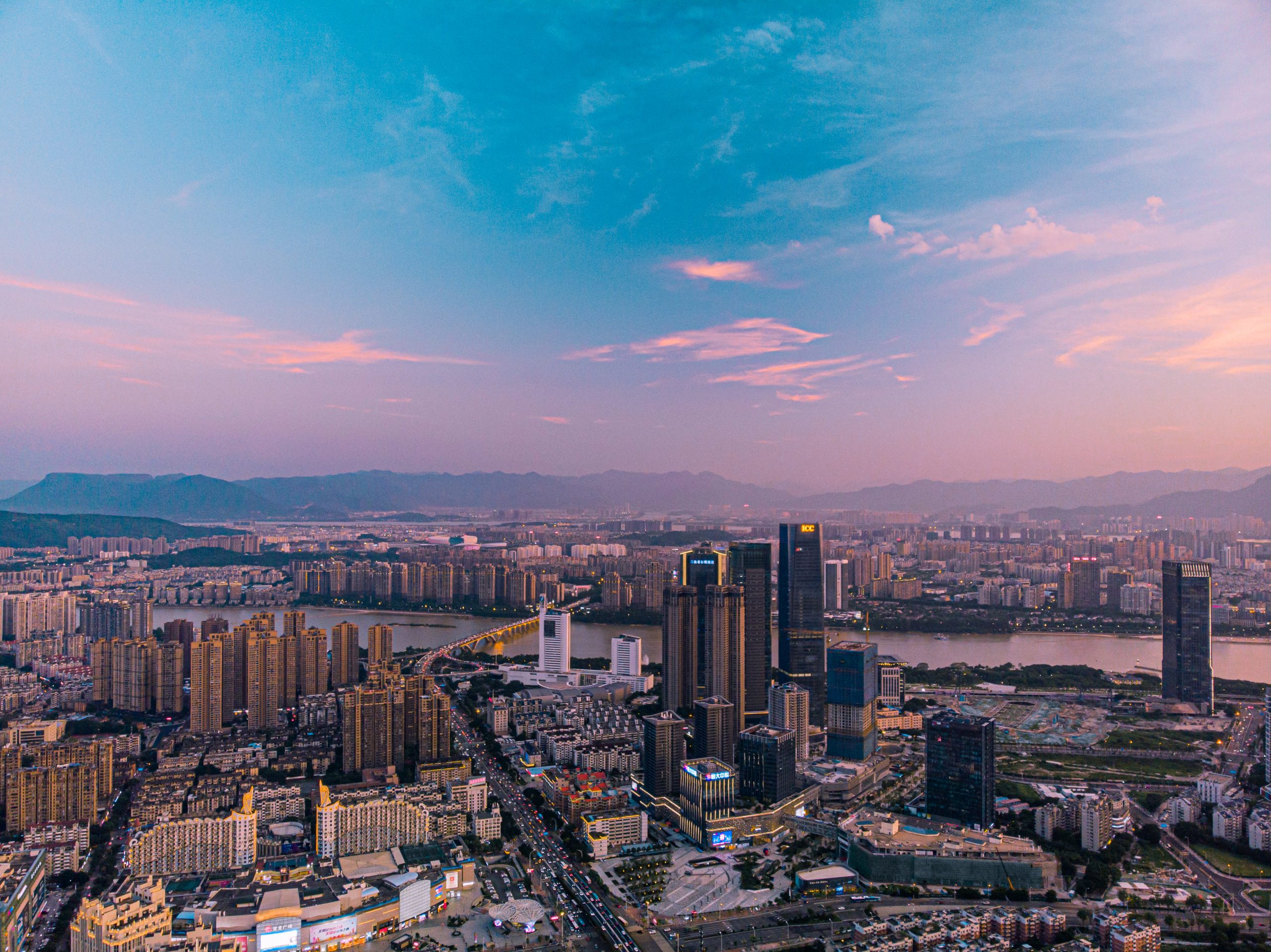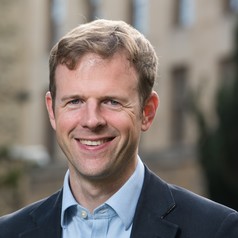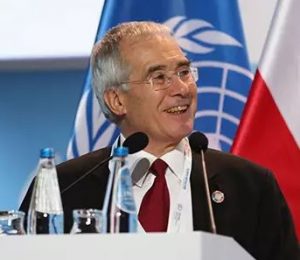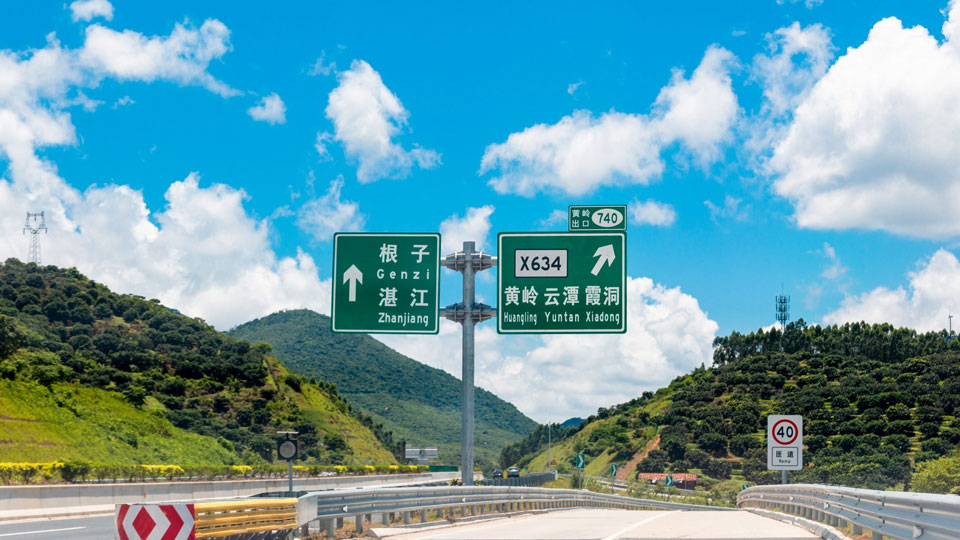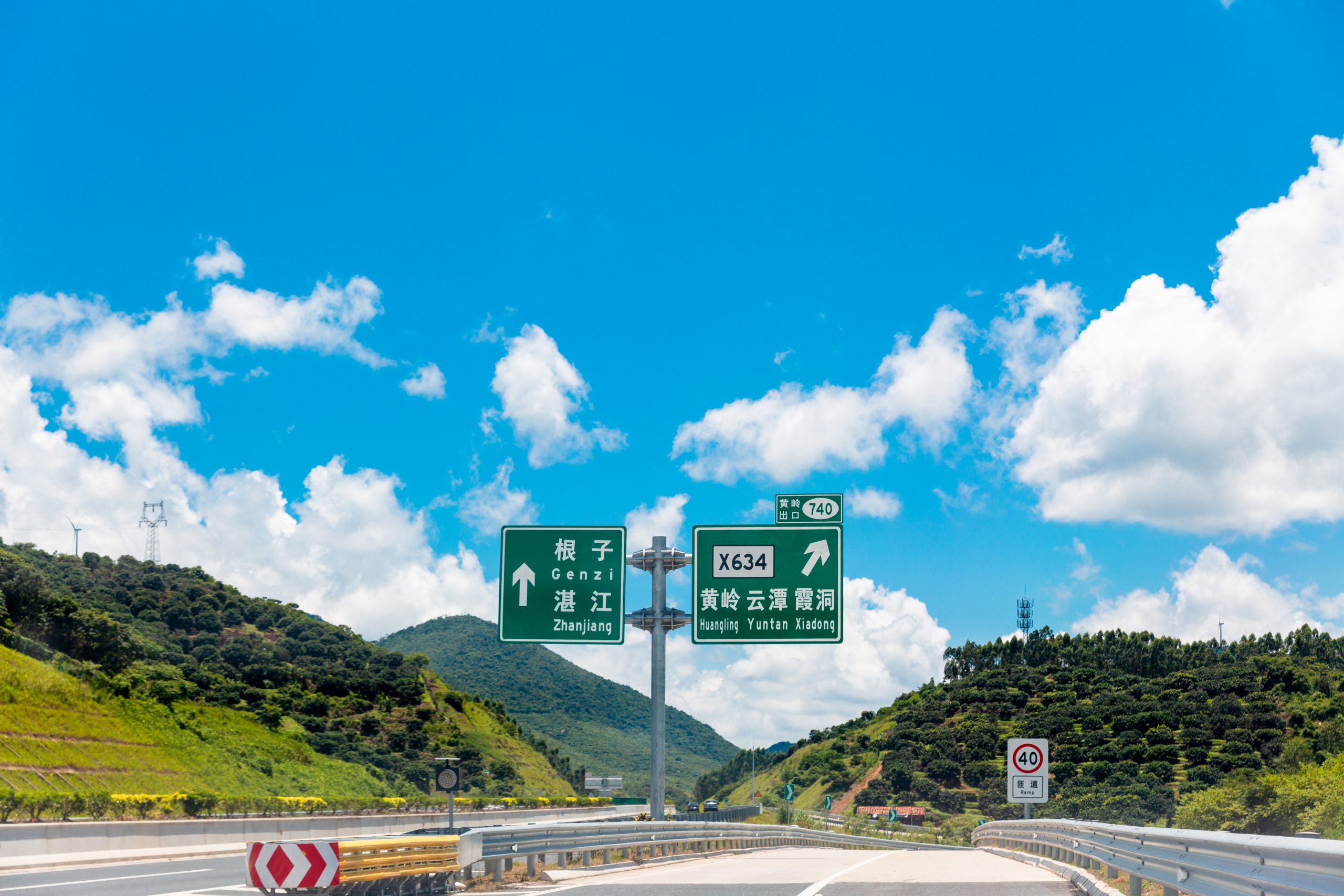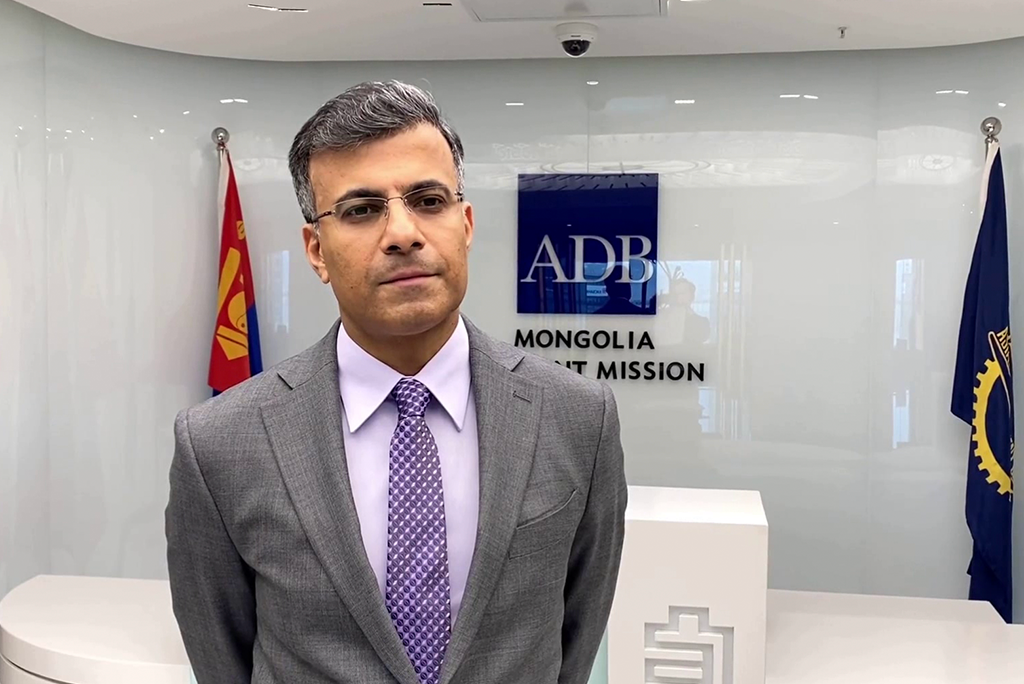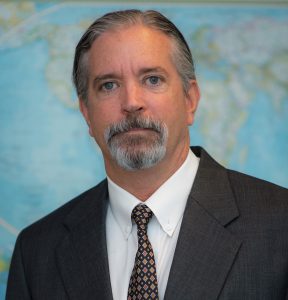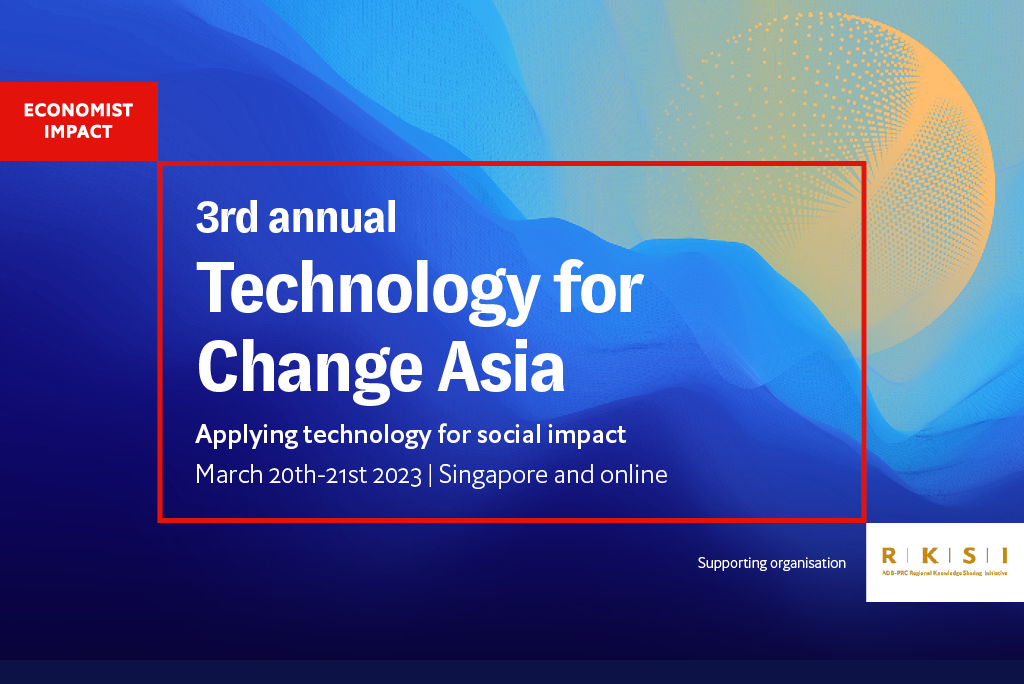
There has never been a more urgent need to foster financial inclusion and promote prosperity through closing the digital divide for the achievement of the Sustainable Development Goals (SDGs). Stakeholders and consumers today expect businesses to deliver positive social outcomes as well as financial returns. As we harness technology to solve society’s greatest challenges and threats affecting the global community, the necessity for sustainable, accessible, and ethical solutions has never been greater.
How can innovators, technology platforms, impact and government leaders move from hype to help? How do we foster diversity, equity, and inclusion through technology? What are the human capital challenges and opportunities that pioneers need to be aware of to plug the gaps and stay ahead of the curve? How can we maximize the opportunities and mitigate risk around the move towards decentralization and an increasingly hyper-connected world?
Register here.
Agenda
| Time | Program |
|---|---|
| 9:00 – 9:05 | Welcome and Opening Remarks |
| 9:05 – 9:25 | Ministerial Keynote Interview Ashwini Vaishnaw, Minister for Railways, Communications, Electronics and Information Technology, Government of India |
| 9:30 – 9:50 | Keynote Interview Yat Siu, Co-Founder and Executive Chairman, Animoca Brands and Founder and Chief Executive, Outblaze |
| 9:55 – 10:40 | Fairness by Design: Tech for Diversity, Equity and Inclusion Moderator: Elizabeth Mackie, Senior Manager, Trade, Policy, and Insights, Economist Impact Speakers: Bolor-Erdene Battsengel, Former Vice-Minister, Ministry of Digital Development and Communications, Mongolia and Founder, Girls Code Deepali Khanna, Vice-President, Asia Regional Office, The Rockefeller Foundation Fiona Nott, Chief Executive, The Women’s Foundation Harsha Rodrigues, Executive Vice-President, Regional Client Services, Women’s World Banking |
| 10:40 – 11:25 | Unlocking the Power of the Tech Ecosystem: Collaborating for Impact Moderator: Elizabeth Mackie, Senior Manager, Trade, Policy and Insights, Economist Impact Speakers: Abhas Jha, Practice Manager, Climate Change and Disaster Risk Management, South Asia Region, World Bank Rahil Rangwala, Managing Partner, Accion Venture Lab Shamika N. Sirimanne, Director, Division on Technology and Logistics, UNCTAD |
| 11:25 – 11:55 | Action Hour – Case Studies Speakers: Gaurav Keerthi, Deputy Chief Executive, Cyber Security Agency of Singapore and Co-Founder, Better.sg Osama Manzar, Founder-Director, Digital Empowerment Foundation |
| 12:00 – 12:50 | LIVE Debate. Ghost in the Machine: Are We on the Brink of Achieving Artificial Consciousness … in the Next Ten Years? Moderator: Simon Cox, Senior Economics Writer, The Economist Speakers: Abhijit Mahabal, Knowledge Architect, Pinterest Schahram Dustdar, Professor of Computer Science, Vienna University of Technology, and President, Asia-Pacific Artificial Intelligence Association |
| Time | Program |
|---|---|
| 9:00 – 9:20 | Ministerial Keynote Interview Moderator: Andrew Staples, Regional Head (APAC), Policy and Insights, Economist Impact Tan Kiat How, Senior Minister of State, Ministry of Communications and Information, Singapore |
| 9:20 – 9:40 | Spotlight Interview |
| 9:40 – 10:20 | Digital Infrastructures and the Digital Economy: Opportunities and Challenges Dileep Kannan, Regional Director, Grab For Business (GFB) Lim May-Ann, Emeritus Director, Asia Cloud Computing Association, and Director, Fair Tech Institute, Access Partnership |
| 10:20 – 11:00 | Tech for the Climate: The Green Economy and Disaster Mitigation Moderator: Gillian Parker, Senior Manager, Policy and Insights, Economist Impact Speakers: Avina Sugiarto, Partner, East Ventures Christophe Bahuet, Deputy Regional Director for Asia and the Pacific, United Nations Development Programme (UNDP) Steve Killelea, Founder and Executive Chairman, Institute for Economics and Peace |
| 11:00 – 11:20 | Coffee Break |
| 11:20 – 12:00 | Globalisation Reinvented: E-Commerce, Supply Chains, and Market Access Moderator: Gillian Parker, Senior Manager, Policy, and Insights, Economist Impact Speakers: Carol Chong, Director, Supply Chain Resilience Division, Ministry of Trade and Industry, Singapore Marko Kovacevic, Managing Director, Digital Supply Chain Institute T. Koshy, Managing Director and Chief Executive, Open Network for Digital Commerce, India |
| 12:05 – 12:45 | Talent for Change: Digital Literacy and Upskilling for the Digital Economy Moderator: Ritu Bhandari, Manager, Policy and Insights, Economist Impact Speakers: Charles H. Ferguson, General Manager, Asia-Pacific, G-P Mahmudi Yusbi, Head of Programme, ASEAN Foundation Scott Beaumont, President, Asia-Pacific, Google |
| 12:45 – 1:45 | Networking Lunch Roundtable |

